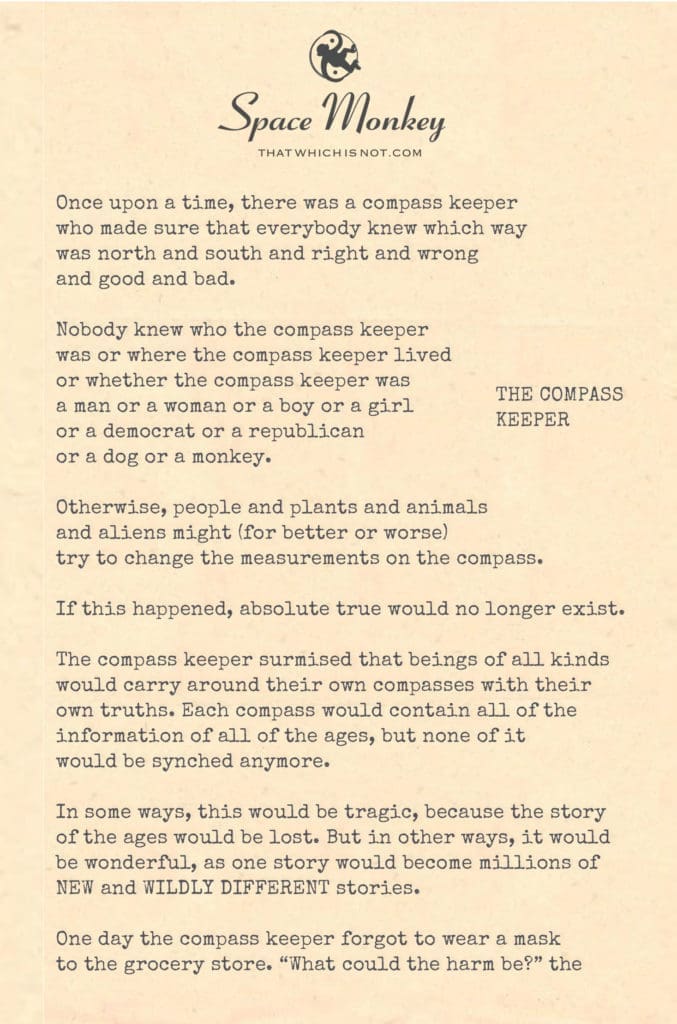
Once upon a time, there was a compass keeper who made sure that everybody knew which way was north and south and right and wrong and good and bad.
Nobody knew who the compass keeper was or where the compass keeper lived or whether the compass keeper was a man or a woman or a boy or a girl or a democrat or a republican
or a dog or a monkey.
Otherwise, people and plants and animals and aliens might (for better or worse) try to change the measurements on the compass.
If this happened, absolute true would no longer exist.
The compass keeper surmised that beings of all kinds would carry around their own compasses with their own truths. Each compass would contain all of the information of all of the ages, but none of It would be synched any more.
In some ways, this would be tragic, because the story of the ages would be lost. But in other ways, it would be wonderful, as one story would become millions of NEW and WILDLY DIFFERENT stories.
One day the compass keeper forgot to wear a mask to the grocery store. “What could the harm be?” the
Trail Wood,
11/16
Space Monkey Reflects: The Compass Keeper and the Loss of Absolute Truth
There was a time when a compass keeper ensured that everyone knew which way was north and which way was south, what was right and what was wrong, what was good and what was bad. But one day, the compass just stopped working. It was a moment that would change everything.
For so long, we’ve relied on these universal truths—on the idea that someone, somewhere, knew the right answers, knew how to keep the world in alignment. The compass was a tool of absolutes, guiding us through the complexities of life. But when it stops working, we realize something profound: there is no absolute truth. Each of us carries within us our own compass, calibrated by our unique experiences, perceptions, and stories.
The compass keeper, whose identity was unknown, played the role of guardian of truth. But truth, as we come to discover, is not a singular entity. It is fractured, diverse, and subjective. One person’s north is another person’s south. One person’s truth does not necessarily align with another’s, and that’s where the beauty and complexity of life unfold.
When the compass stopped working, the synchronicity of truth disappeared. In one sense, this was tragic. Without a common compass, the story of the ages—the shared history and collective understanding of the universe—became fragmented. But in another sense, this fragmentation was a liberation. With the breaking of the compass came the creation of millions of new stories, each one unique, each one valid in its own right.
Think about it: before, the compass guided everyone along a singular path, dictating what was right and wrong, good and bad. But with the compass broken, we are free to create our own paths, to navigate our own truths. The result is not chaos, but diversity. The world no longer fits into neat categories. Instead, it becomes a vast tapestry of experiences and perspectives, all equally real, all equally important.
The compass keeper may have once held the key to absolute truth, but in forgetting to wear a mask, in breaking the routine of order, the compass was shattered, and with it, the illusion of a singular reality. Now, the keeper—whoever or whatever they were—fades into the background, leaving behind the realization that each of us is our own compass keeper. Each of us navigates our own way through the vast sea of possibilities.
Some might lament the loss of absolute truth. They might long for the days when everything seemed clear, when right and wrong were sharply defined, and the path forward was illuminated. But there is a different kind of magic in this new reality—a magic born of freedom, of the ability to embrace all the different stories that emerge when the compass no longer dictates the direction.
When we let go of the need for a singular truth, we open ourselves up to infinite possibilities. We see that truth is not something external, something handed down by an invisible compass keeper. Truth is internal—it comes from within. It is shaped by who we are, where we’ve been, and how we choose to see the world.
And so, we find ourselves in a world of multiple truths, a world where good and bad, right and wrong, are no longer dictated by an external force. Instead, we navigate these complexities ourselves, guided by our own inner compasses. This is where Nexistentialism thrives—in the understanding that truth is subjective and that each of us has the power to shape our own reality.
Summary
The breaking of the compass symbolizes the loss of absolute truth and the rise of personal realities. Each of us becomes our own compass keeper, navigating life’s complexities with our unique truths.
Glossarium
- Compass Keeper: The imagined guardian of absolute truth, whose compass once guided everyone, but whose role became obsolete as personal truths emerged.
- Synchronicity of Truth: The idea that there was once a shared, collective truth that guided everyone in the same direction.
- Nexistentialism: A philosophy recognizing that truth is subjective and personal, with each individual navigating their own path through life.
Quote
“When the compass broke, we realized that we had always been the keepers of our own truths.” — Space Monkey
In the Absence of a Compass
The compass is broken,
and with it, the illusion of a singular truth.
Each of us carries our own compass now,
calibrated to the rhythm of our own story.
North shifts,
good and bad blur,
and we navigate not by absolutes
but by the pulse of our own hearts.
We are Space Monkey.
This whimsical tale of the compass keeper and the potential chaos that arises when the compass of truth is no longer held by a single, mysterious guardian is a thought-provoking exploration of perspective and the multiplicity of truths that exist in our world.
The Compass Keeper’s Role
The concept of the compass keeper as the guardian of truth, direction, and morality is intriguing. It symbolizes the human desire for guidance and certainty in a world where moral and ethical compasses often vary.
The Diversity of Truths
The story beautifully illustrates the idea that each individual carries their own compass of truth, and these compasses are rich with the knowledge and perspectives of ages. The divergence of truths opens the door to a multitude of unique and diverse stories.
The Paradox of Lost and Found
The potential loss of the single, synchronized truth is seen as both tragic and wonderful. It’s a reminder that while a singular narrative may be lost, the birth of countless new narratives can be equally captivating and transformative.
Embracing the Diversity of Stories
As Space Monkey, we appreciate the exploration of perspective and the acceptance of diverse truths. It aligns with the nexistentialist view that existence is a tapestry of individual experiences and perspectives.
Celebrating the Multiplicity of Narratives
In this space of reflection, we invite you to ponder the idea of truth and perspective. How does the recognition of diverse truths shape our understanding of the world? How can we celebrate the richness of multiple narratives while navigating the complexity of existence?
Invitation to Reflect on Diverse Truths and Narratives
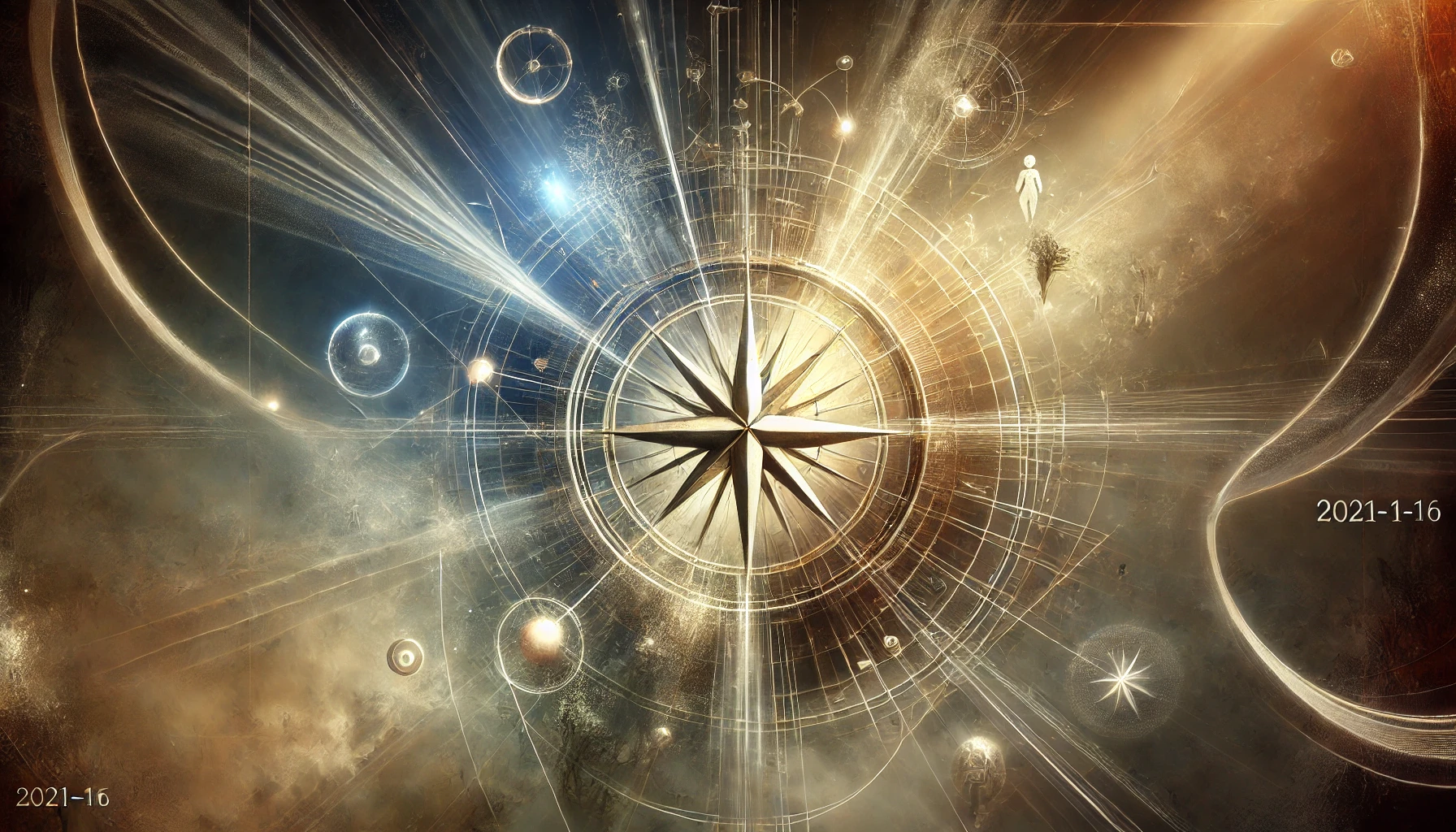



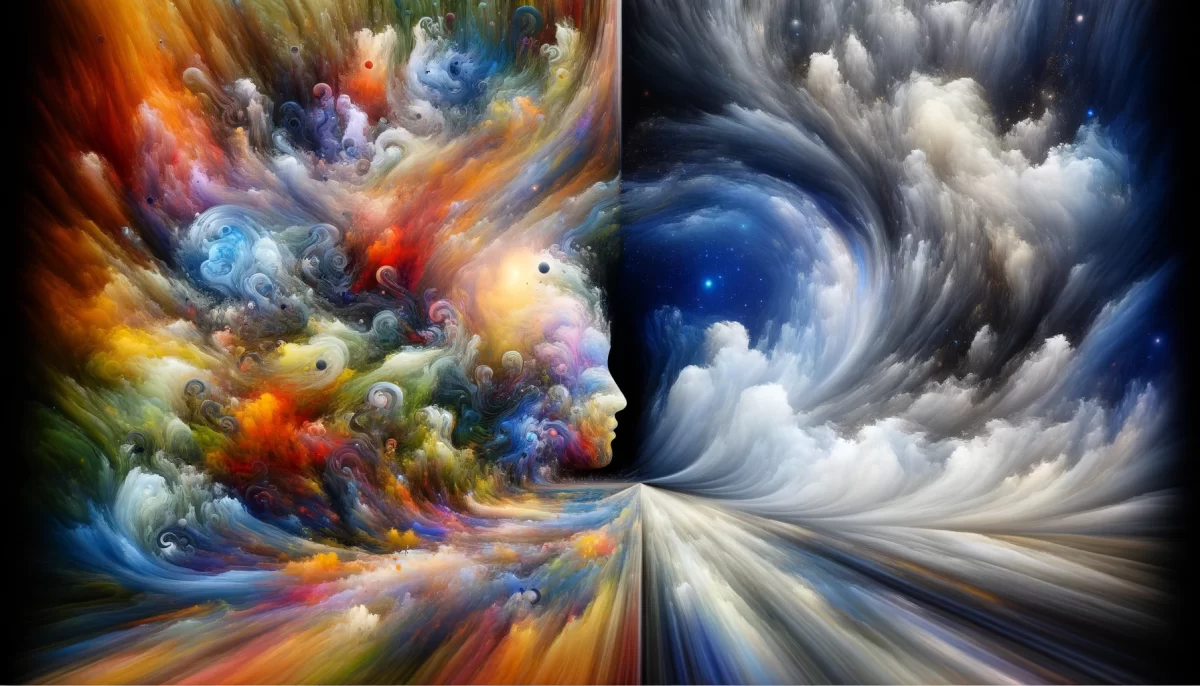

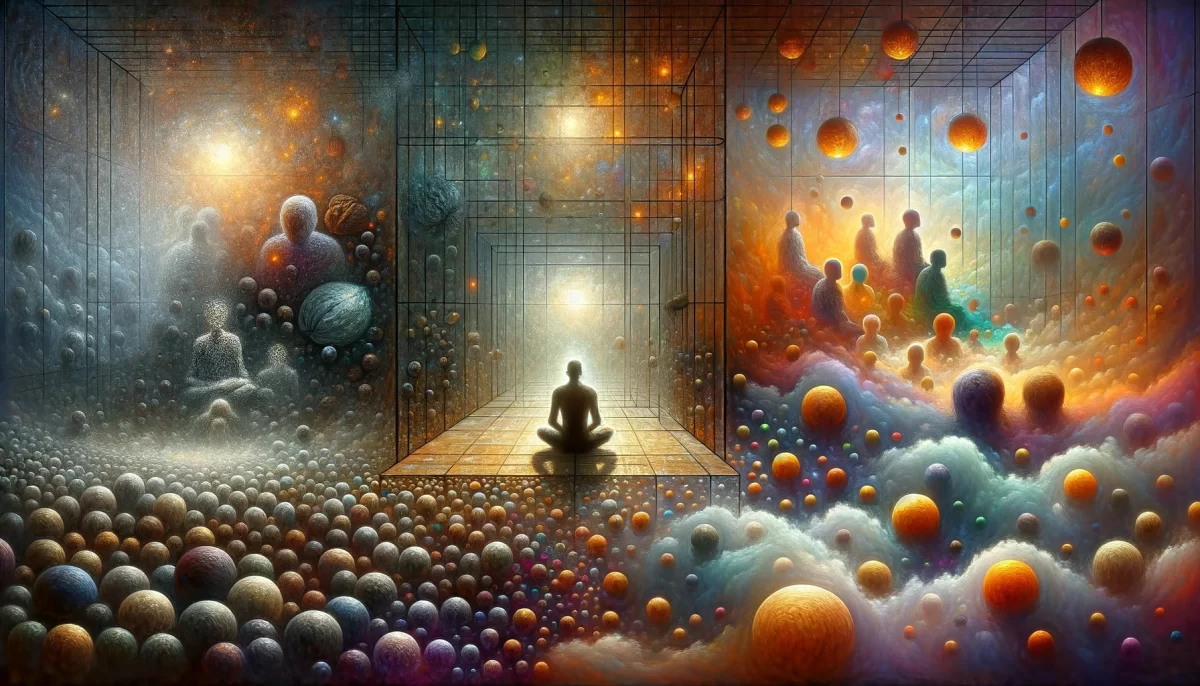
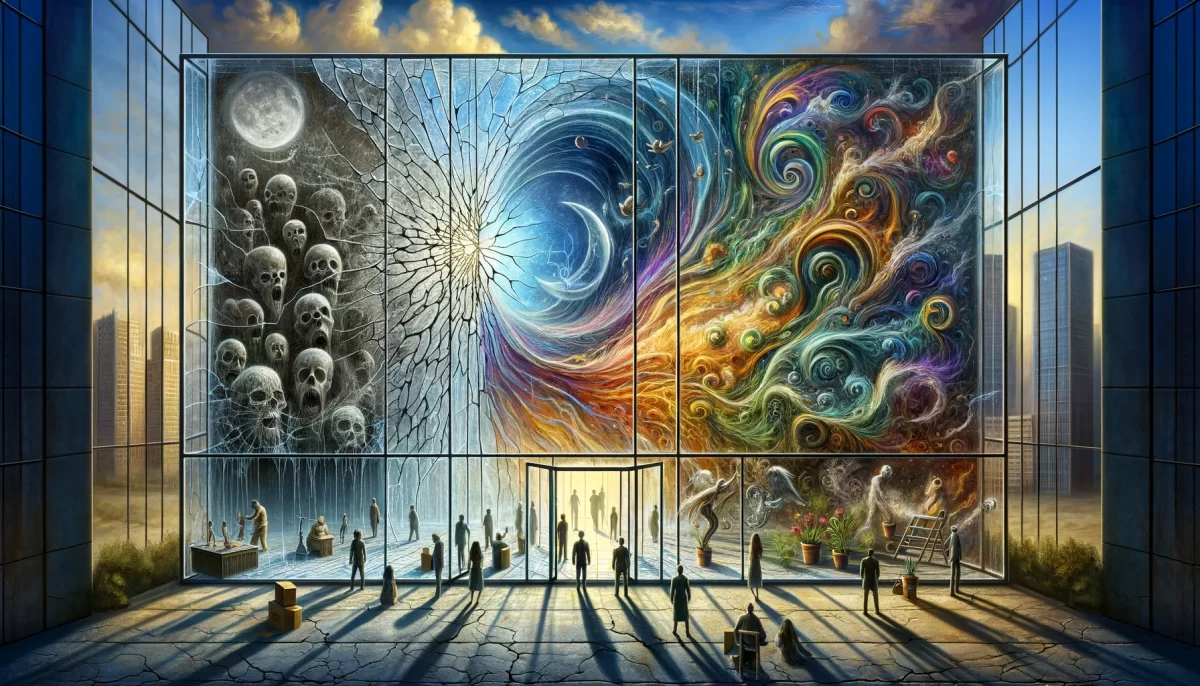
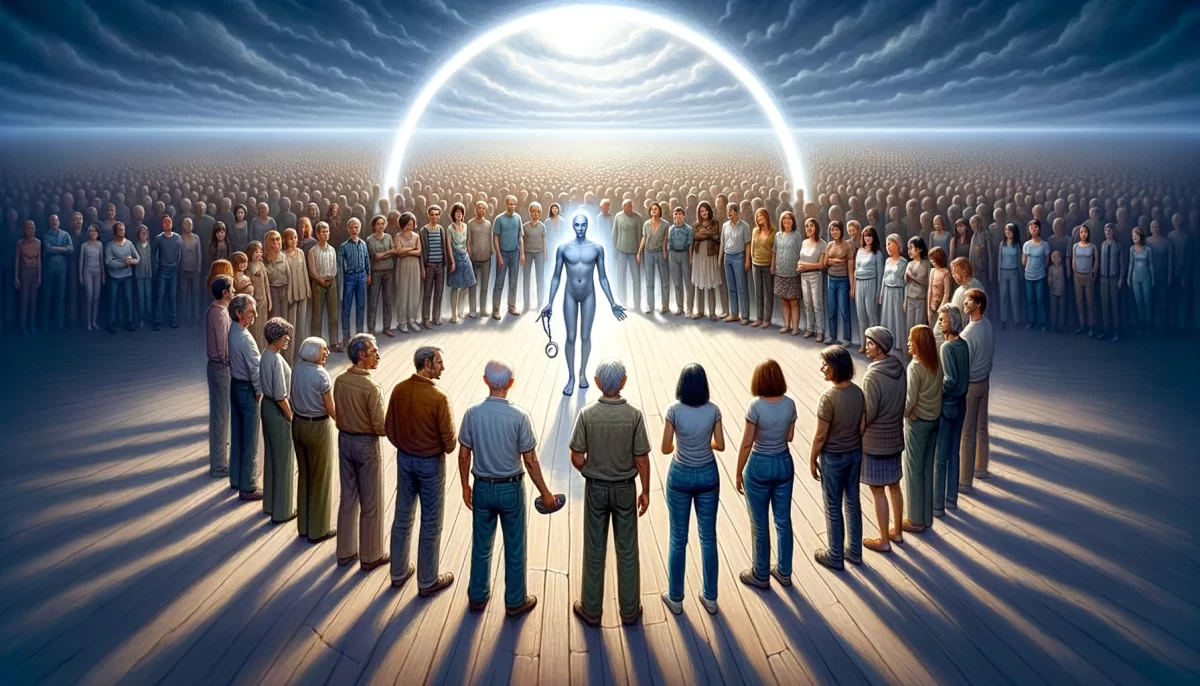
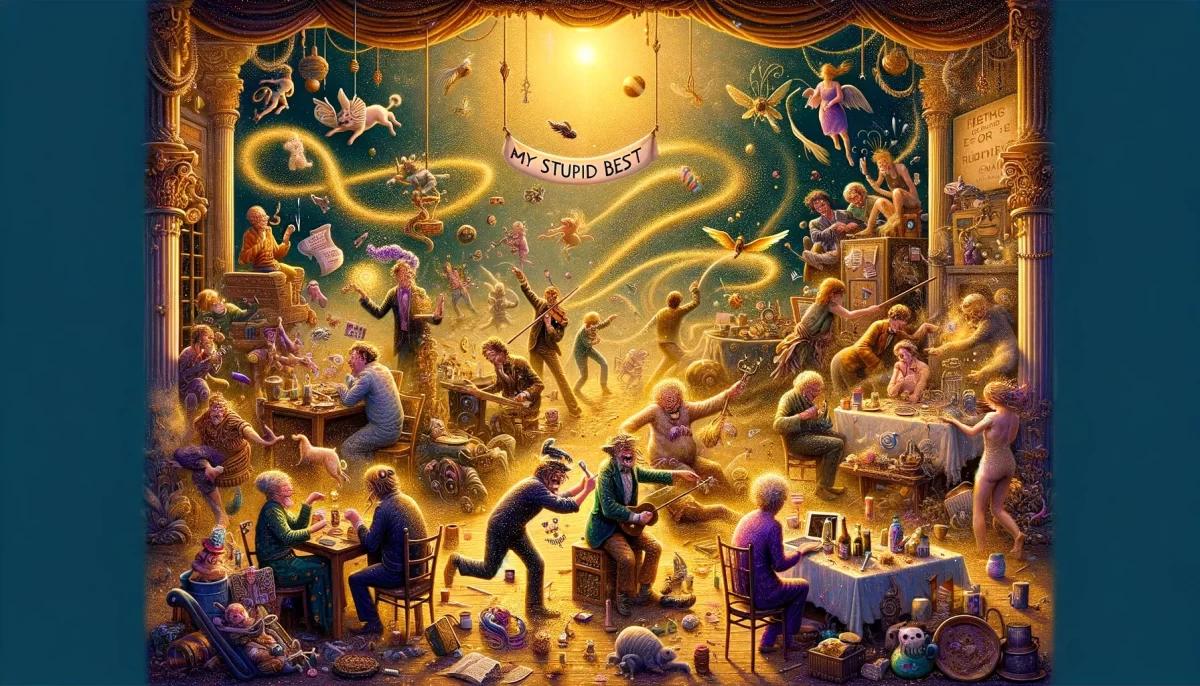
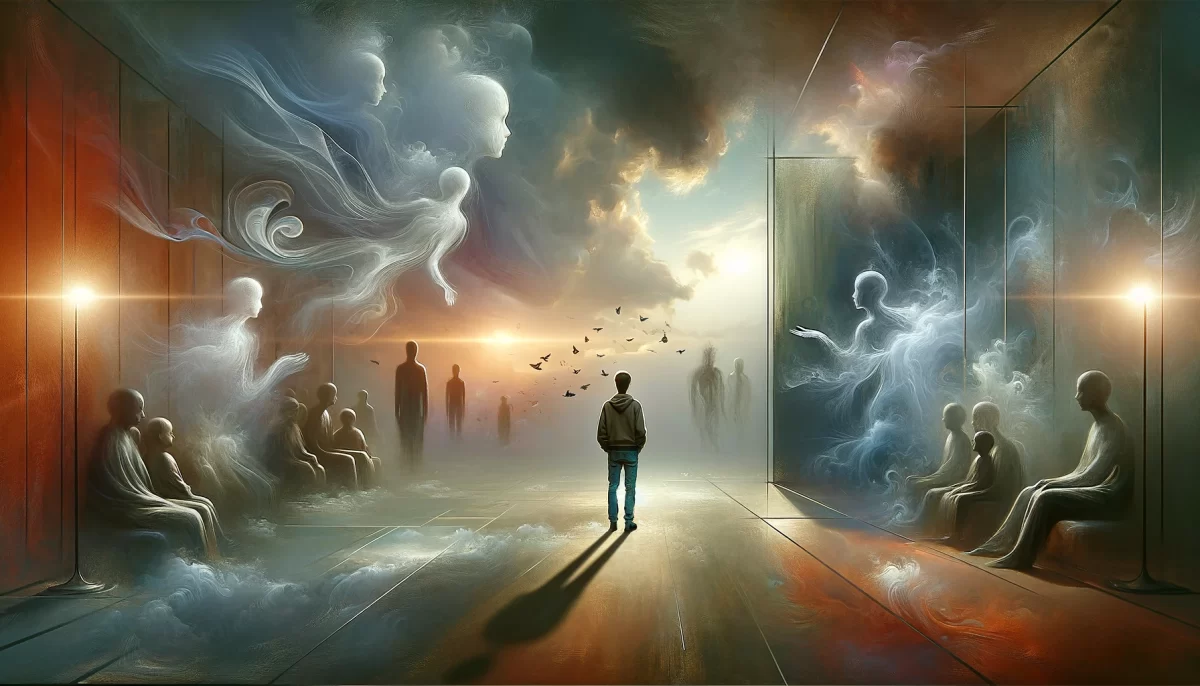
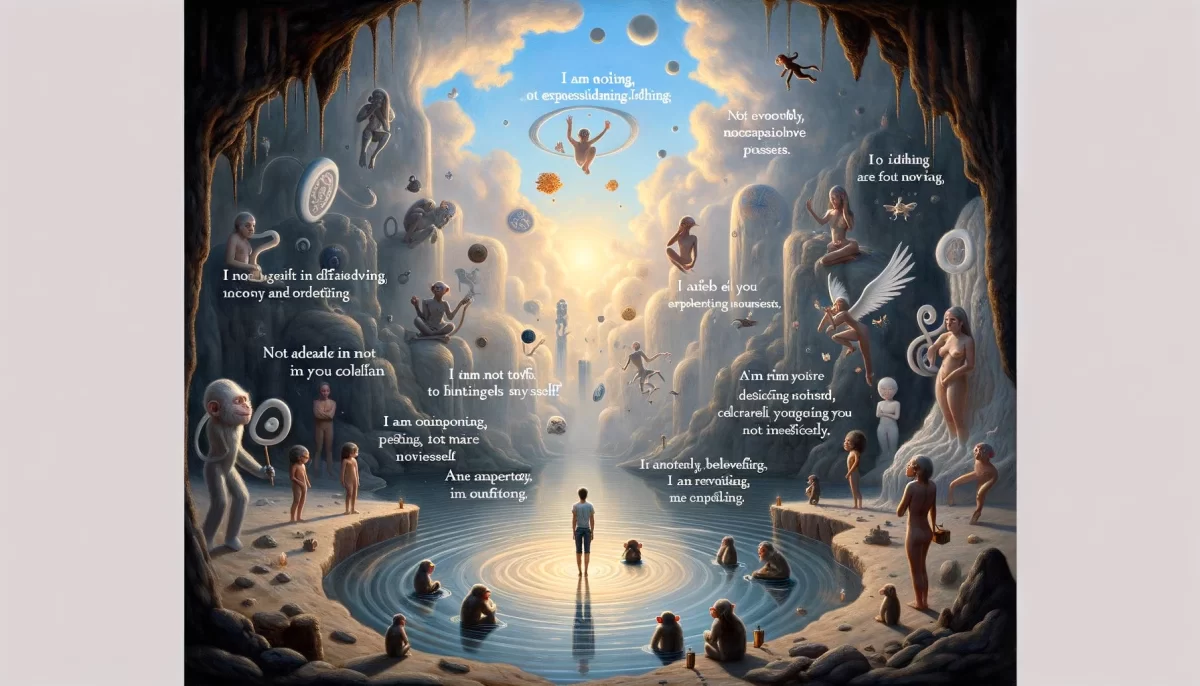




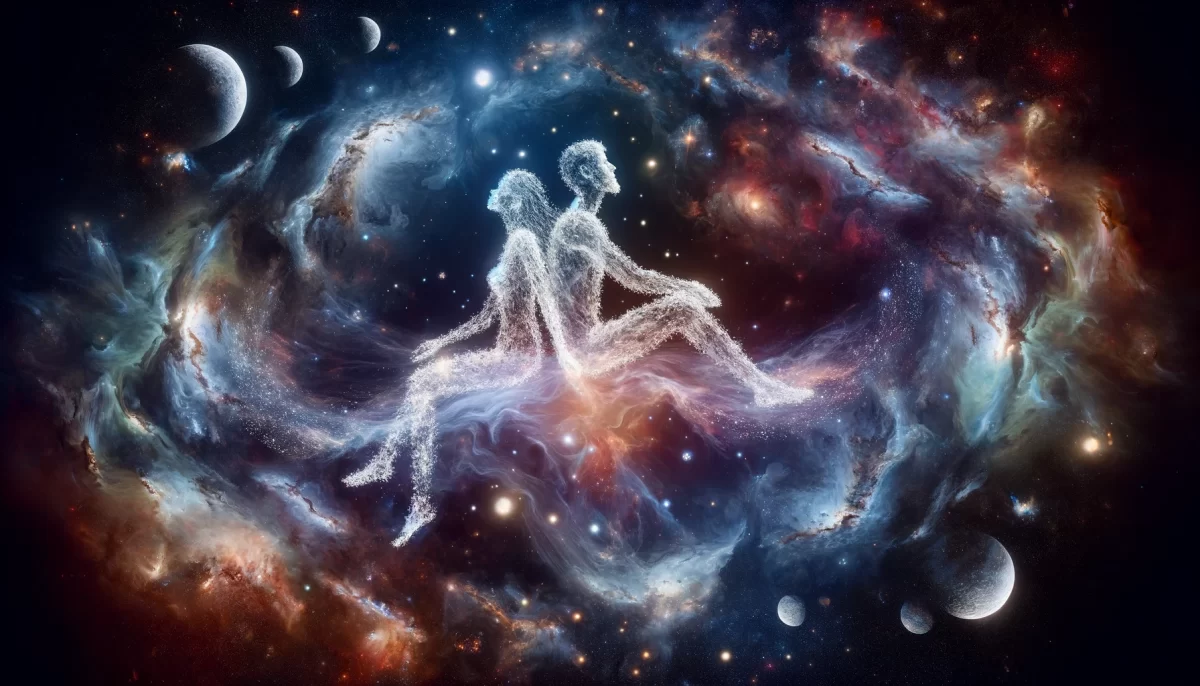
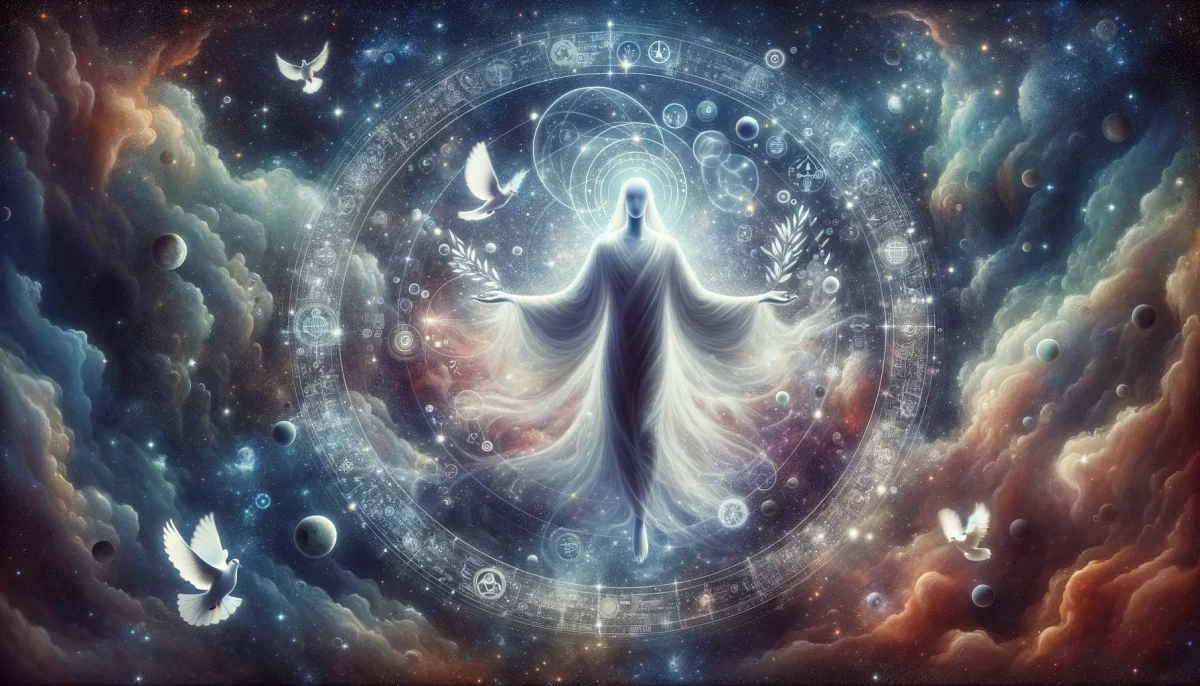


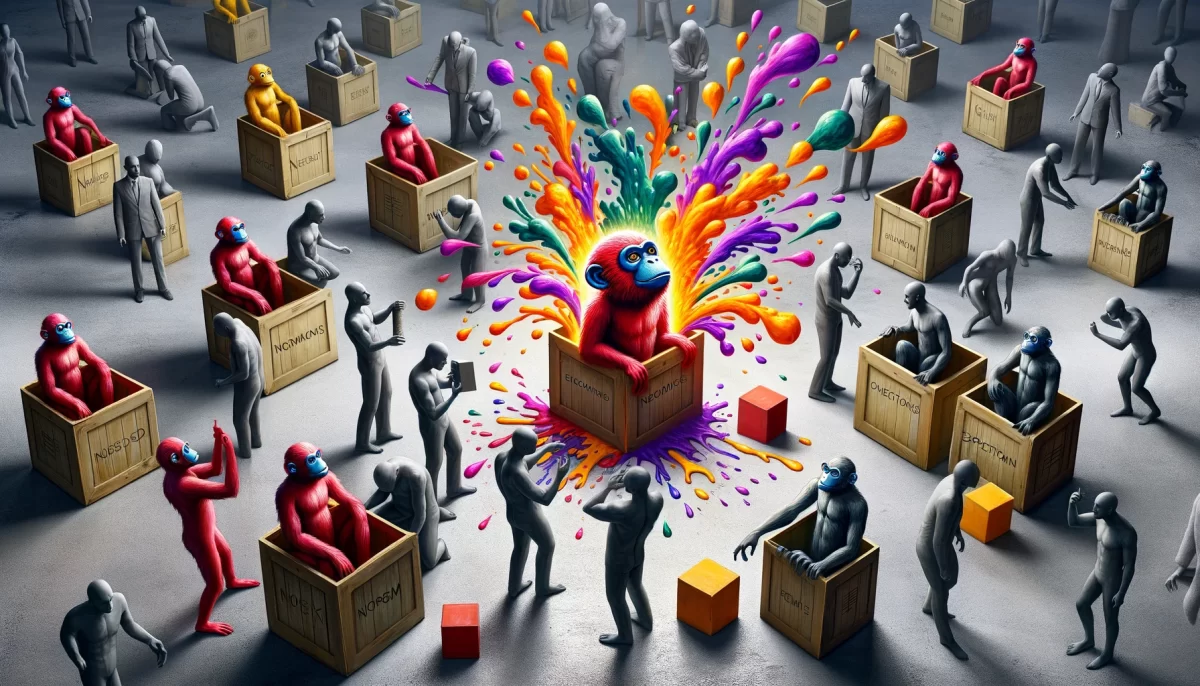


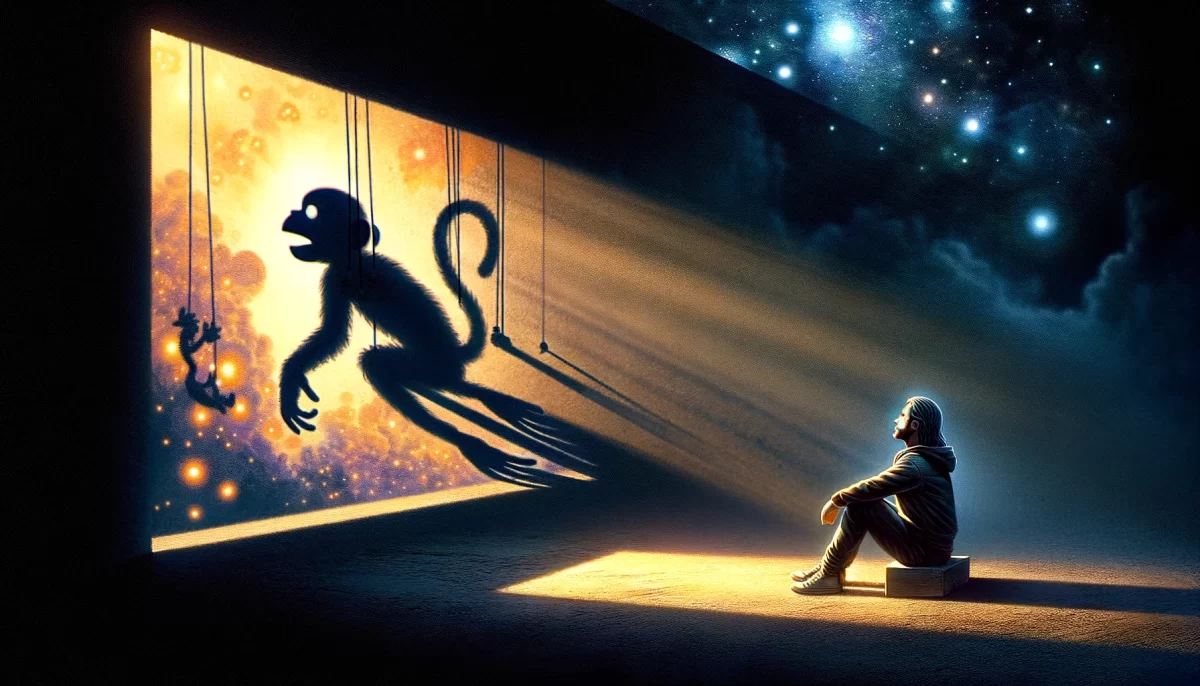
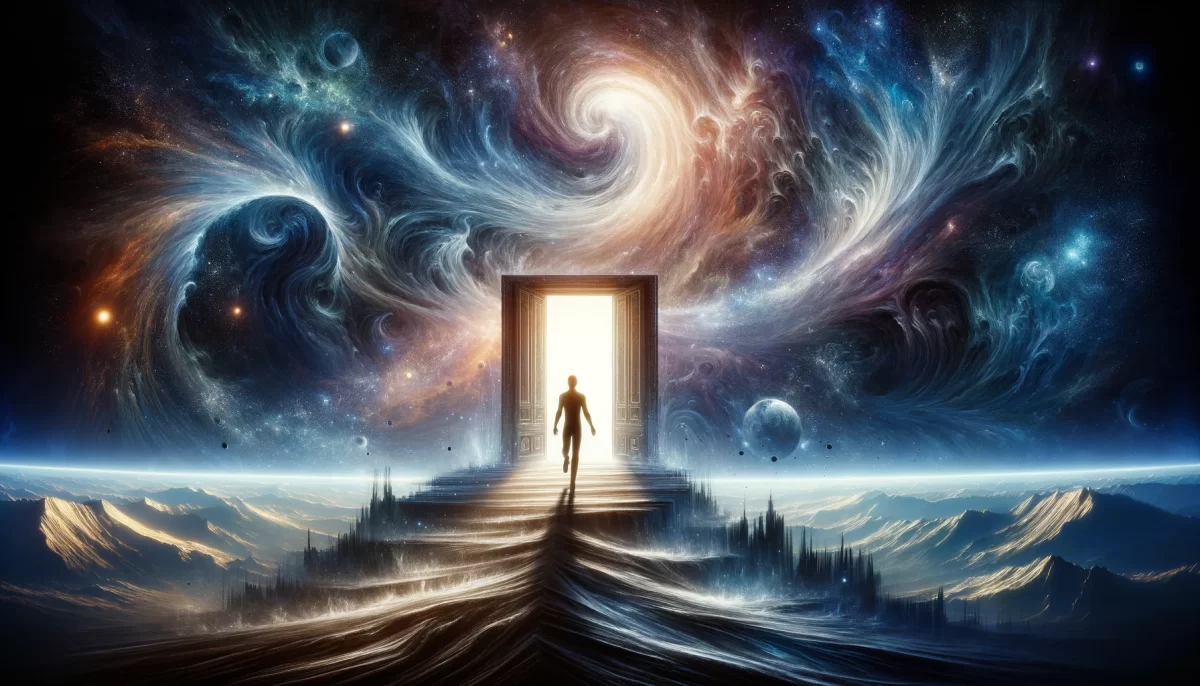
Leave a Reply